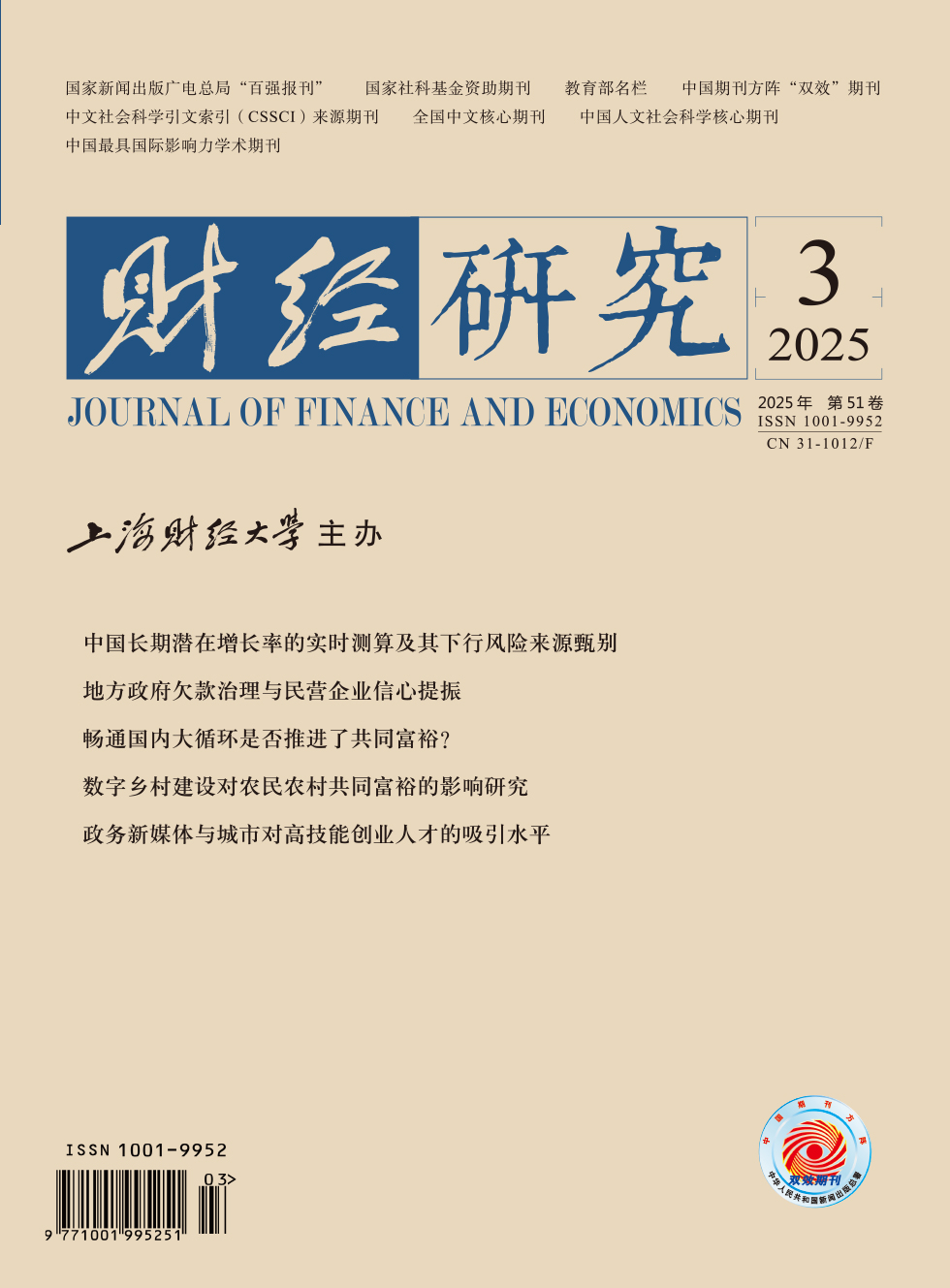As an important subject in the implementation of ESG strategy, how to encourage and guide enterprises to increase ESG investment and actively fulfill ESG responsibilities is the focus of attention of the Party and the government. Under the framework of stakeholder theory and product differentiation theory, adequate market competition is an important factor to promote enterprises to improve ESG performance. The implementation of the Fair Competition Review System can break down regional market entry barriers and improve the adequacy of market competition, but it is unclear whether it can improve corporate ESG performance.
Taking the promulgation of the Fair Competition Review System in 2016 as a research opportunity, this paper constructs a DID model to empirically test the impact of the Fair Competition Review System on corporate ESG performance and its mechanism. The results show that the implementation of the Fair Competition Review System effectively improves ESG performance. Channel testing finds that the Fair Competition Review System mainly promotes enterprises to improve ESG performance by intensifying competition in regional markets and reducing product market power. Further exploration shows that the promotion effect of the Fair Competition Review System on ESG performance is mainly reflected in the groups with no common institutional investors, higher pressure on official promotion, and stronger policy implementation.
This paper has the following marginal contributions: (1) It focuses on the major institutional arrangements for regulating administrative monopolies and constructs a logical framework between the Fair Competition Review System and corporate ESG performance, providing solutions and empirical support for solving the negative impact of monopoly on ESG performance. (2) Based on the data of enterprise operating income, it calculates the degree of market competition at the region-industry level, revealing the role of administrative monopoly regulation on corporate ESG performance in more detail. (3) It examines the impact of the Fair Competition Review System on corporate ESG performance, expanding the research on the economic consequences of the Fair Competition Review System from the perspective of sustainable development and enriching the literature on the influencing factors of ESG performance from the perspective of competition policy.





 3391
3391  4530
4530

